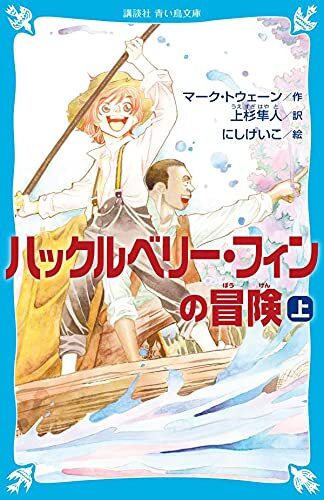
明けまして、おめでとうございます。
どうか本年もGetUpEnglishをよろしくお願いします。
今年も精力的に翻訳に取り組んでいきますが、とりあえずこの本を訳し終えました。
今春に刊行予定です。
https://yalebooks.yale.edu/book/9780300208832/little-history-religion
世界の宗教の歴史と概念が非常にわかりやすくまとまっていますが、翻訳はすさまじく大変でした。
これまででいちばん手のかかった1冊に間違いなくなりますが、いちばん学ぶことが多かった1冊にもなりました。
たとえば、以下のLao Tse, すなわち道家の開祖とされる老子 (604? ‐? 531 b.c.) のことを論じらた個所などは大変勉強になりました。
Lao Tse noticed that another way humans lose balance is in their need to control others. Rather than letting them live by their own rhythm, they constantly interfere with them. The supreme example is the person for whom their way is the only way to do anything, from loading the dishwasher to running the country. People like this are in a state of constant irritation because reality won’t comply with the pattern they want to impose on it. Lao Tse told them to relax and learn from the life of a plant. It doesn’t have to be told how to do its thing. It follows its nature. Why can’t humans do the same? Why can’t they stop agitating, and let things flow? Lao Tse called his approach to life wu-wei, doing-by-not-doing, letting things be, letting things happen. He disliked rules and regulations and the way compulsive organisers crowd everyone onto their spot in the circle of life instead of celebrating their differences.
老子が気づいたのは、人は他者を制御しようとしてバランスを崩してしまうことがほかにもあるということだ。他者が独自のリズムで暮らすことを許さず、常に干渉しようとする。極端な例として、自動食器洗い機に食器を入れる方法から、国を治める方法まで、何をするにしても自分のやり方が唯一の方法だとする人もいる。このような人は押し付けようとする型に現実が当てはまらないので、常にいらだっている。老子はいらだっている人々に、気を緩めて、植物の生き方から学ぶようにと説く。植物は何かのやり方を教わる必要はない。自然にしたがうだけだ。人間はなぜ同じことができないのか? やきもきするのをやめて、物事を成り行きに任せることがどうしてできないのか? 何もせず、物事のあるがまま、成り行きに任せる自分の生き方を老子は「無為」と呼んだ。彼は規則や規制を嫌い、強制的に管理しようとする人のやり方を嫌った。管理しようとする人は人々の違いを讃えることなく、人生の輪に枠を作ってそのなかに全員を押し込めようとする。
どうか本年もGetUpEnglishをよろしくお願いします。
2019/01/01 上杉隼人






















